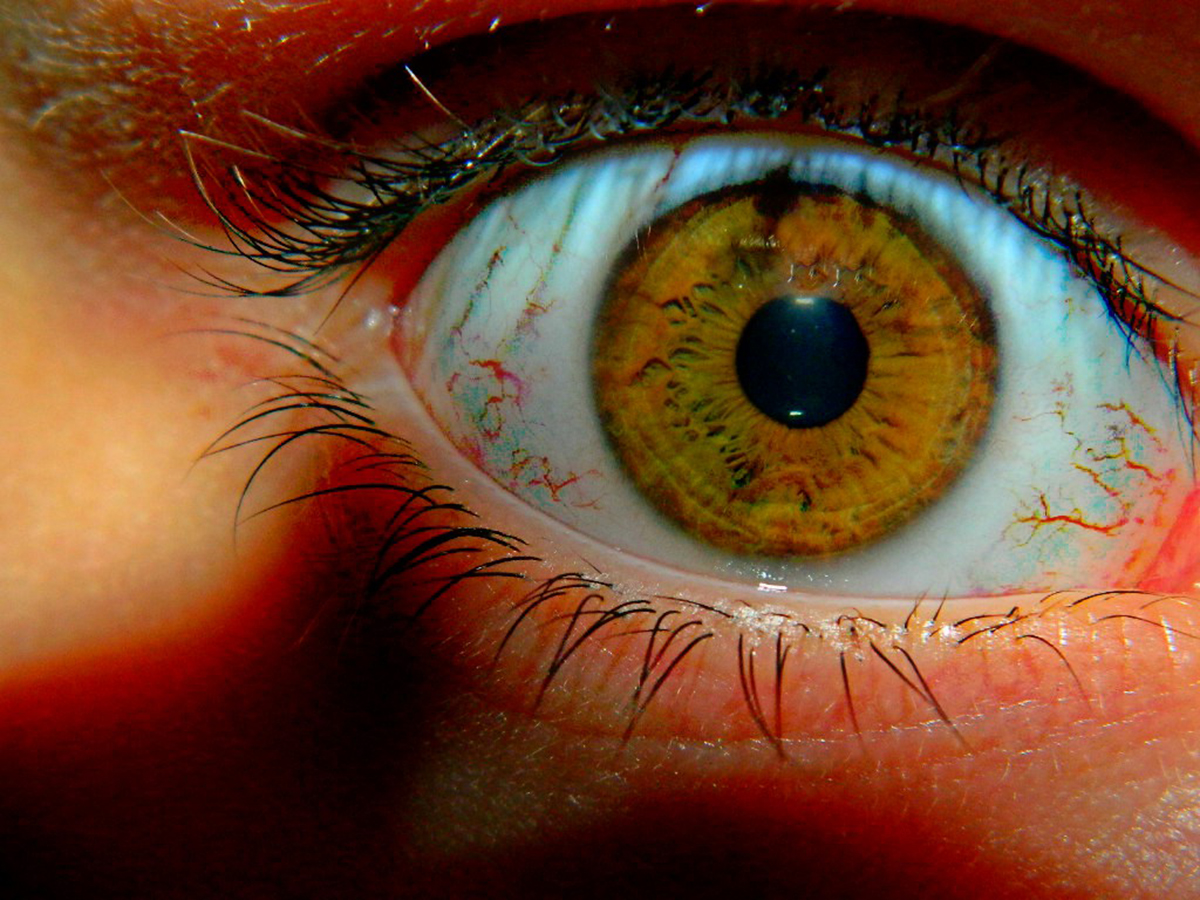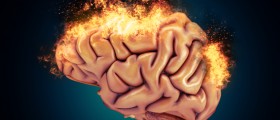
Paranoia is a psychiatric condition where person has some psychotic beliefs so-called delusions and the symptoms such as hallucinations are not present. The most common signs of paranoia are delusions which last longer than delusions in schizophrenia. Paranoia develops slowly, and over time, the person becomes isolated, untrusting, envious, easily agitated and emotional. The patient is not able to see clearly that he is wrong. The newest classification of psychiatric disorders so-called DSM-IV says that the main signs of paranoia include preoccupancy with suspects without any reason about people that are close baseless thoughts that other people want to harm them in some way strange comprehension of some social situations as if everybody has something against them; and groundless doubts about partner’s faithfulness.
We recognize different types of paranoia. One of them is persecutory paranoia which is very common and here the patient is convinced that everybody wants to hurt them, but the delusion can go so far that a person may think that someone wants to kill them. When this paranoia is present, we can say that a patient can become violent and life threatening for other people. There is also Delusion of Grandeur followed by a persons belief that they are very important, chosen to do something, or extremely capable and with super powers. It is often combined with the previous paranoia. There are also religious, reformatory, erotic, litigious and hypochondricalparanoia.
There are various reasons for the development of paranoia, and one of them is homosexual fixation, explained by Freud, which implies that a person is homosexually oriented and for some reason this affection towards the same sex is suppressed. This kind of explanation works in practice, though not always. Other reasons include feelings of inferiority which are turned over in paranoia. Then there are personality traits that make a person who has them more vulnerable to this kind of disorder. Of course there is a genetic factor that may also be responsible forparanoia.
The treatment of this disorder is extremely hard. It should be treated as fast as possible, because later it can be too late. The most effective way of the treatment is psychoanalysis and though it can show no progress at the beginning because of the patients mistrust later on it can be effective. There are also treatments consisting of insulin shots, though not every person reacts to this. Paranoia is unfortunately usually a condition that is long lasting and never completely healed. However psychotherapy proper medicine care and even yoga can help person to cope with paranoia.

















Your thoughts on this
Loading...